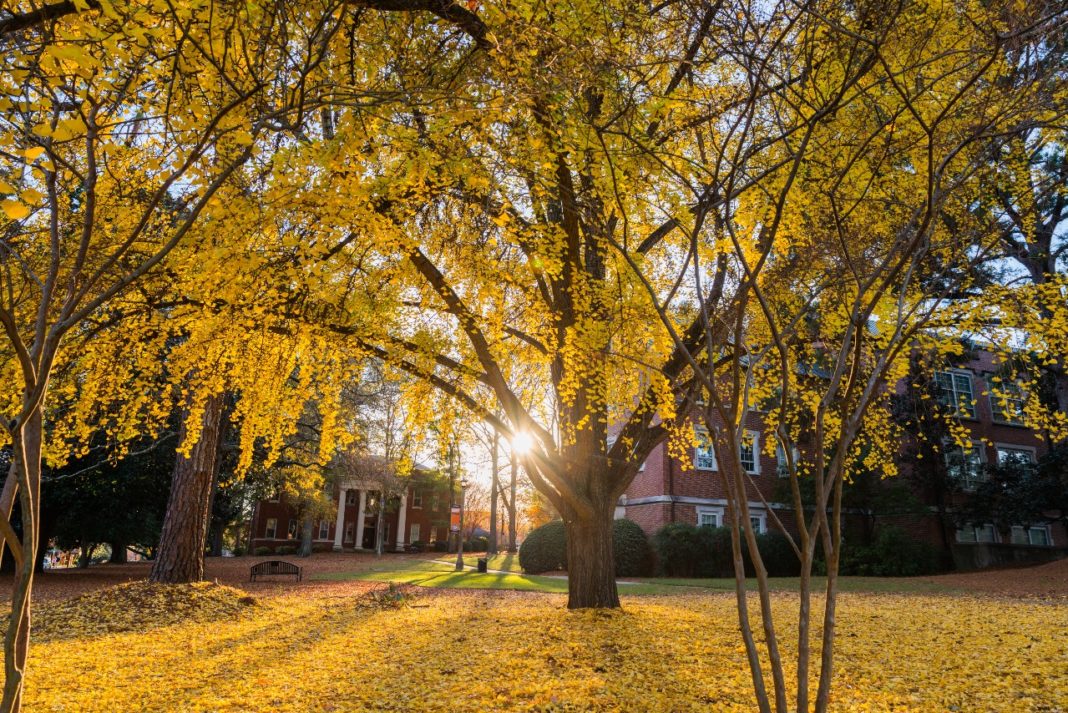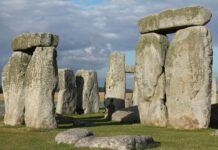Of all the holidays that we celebrate, Thanksgiving may be the one that could wander off and not be missed. We don’t really know what to do with it. It feels a little empty on its own. So, we fill it with football games, parades and more food in a day than we should eat in a month. Isn’t there just a tinge of disdain when we call it Turkey Day and even more when it becomes Black Friday eve — which has now leaked backwards into Thursday evening door-busters. Unfortunately sandwiched between the “getting” holidays of Halloween and Christmas, Thanks-giving has all the appeal of next day leftovers. Sadly, it really isn’t the holiday we want.
I remember hearing the story of Thanksgiving in elementary school. The Pilgrims were struggling to survive their first year in this new land. Facing death from disease and starvation, the hard winter was about to set in. They would have all surely perished, and what would eventually become the United States would have died at birth, never to have taken even our first step. That grim narrative would, however, be re-written into the story we now know as our story because of the kindness of Squanto and his Wampanoag tribe, who took pity on these strangers who were suffering on their doorstep. They made a place for these foreigners who had come to their shores, looking for a better life. This tribe of generous First Nations people taught the settlers not only how to fish and hunt, but also how to dry and preserve the meat, how to plant the “three sisters” (corn, beans and squash) in small hills of soil, fertilized by fish. They taught them which plants and berries were poisonous and which could be used for medicine and cooking. Everything that the native people had learned through centuries of their own struggle to survive, everything that the Pilgrims needed to make it through those perilous first years, they gave to these immigrants. And so, the English gave thanks. They had been mercifully helped, and they were grateful. They had enough, and, well, that was enough.
To give thanks, as the Pilgrims did for their indigenous protectors, is to recognize our own vulnerability and how we needed and received the help of others. To give thanks is to be humble, knowing that we have received gifts that we have not earned or provided and that our small hands have been filled with what we need by larger hands. To give thanks is to realize how ridiculous is our national myth of the self-made man — or woman. None of us are self-made. All of us are where we are because of the generosity of someone else who cared for us. Giving thanks heals this wound of arrogance that would poison our soul and brings down the fever of our prideful self-reliance that cuts us off from our neighbors. To give thanks is to thrive as both giver and receiver of generosity in this web of humanity of which we are all a part. In both our giving and receiving, we create a hospitable community for all.
Albert Einstein put it this way:
“A human being is a part of the whole, called by us ‘Universe,’ a part limited in time and space. He experiences himself, his thoughts and feelings as something separated from the rest — a kind of optical delusion of his consciousness. This delusion is a kind of prison for us, restricting us to our personal desires and to affection for a few persons nearest to us. Our task must be to free ourselves from this prison by widening our circle of compassion to embrace all living creatures and the whole of nature in its beauty.”
Let us give thanks. Let us celebrate not only our individuality but also our community and connection with all. Let us recognize that we have been blessed by someone, Someone else, and accept their gift with gladness and humility. May we live that gratitude, satisfied with enough and compassionate to all.
Thanksgiving may not be the holiday that we want, but it is the holiday that we need.










